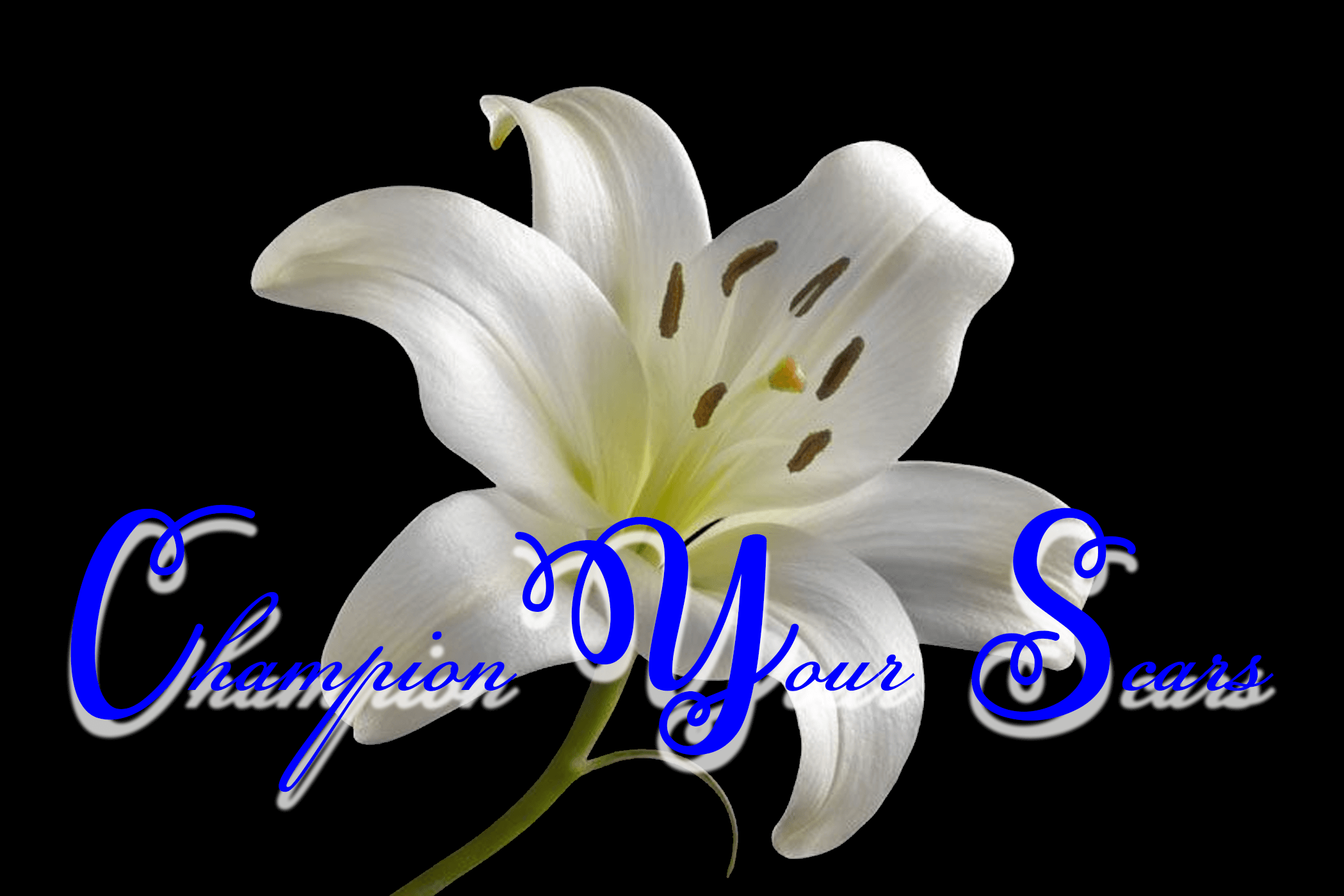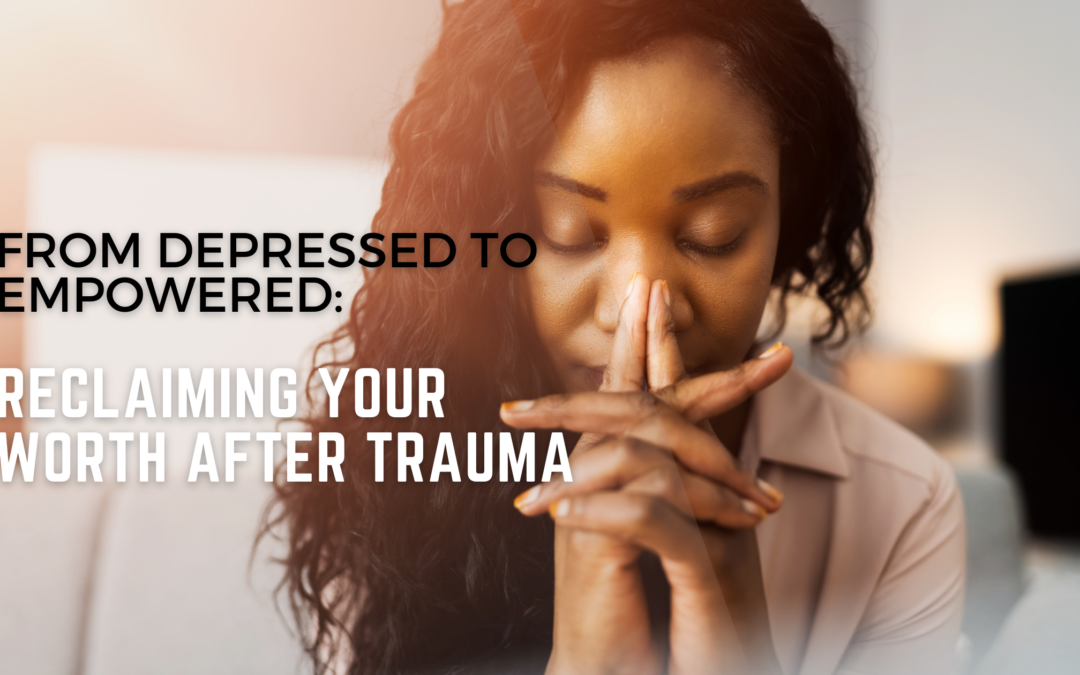Depression, especially the kind rooted in trauma, can feel like an inescapable weight. It’s often triggered by memories, smells, or words associated with painful events, pulling us back into feelings of self-blame, doubt, and sadness. But what if you could learn to confront those feelings head-on and shift from merely surviving to truly thriving? The journey from depressed to empowered is not only possible, but it’s also a transformation that starts within.
Acknowledging the Reality of Depression
Before we dive in, let’s acknowledge one truth: depression is very real. Whether it’s a lingering sadness that won’t go away or an overwhelming feeling that makes it hard to move forward, depression is a signal that something deeper needs attention. It’s not something you can simply ‘snap out of,’ and it’s crucial to seek help if you’re struggling, especially if you’re thinking about harming yourself.
Worldwide, more than 300 million people suffer from depression, making it a significant contributor to the overall global burden. Severe depression is rated as debilitating as terminal stage cancer. (World Health Organization (WHO)/Hope For Depression).
For many of us, especially those dealing with the aftermath of trauma, depression becomes a familiar companion. It shows up in the quiet moments when memories surface or when triggers we didn’t even know existed send us spiraling. What starts as sadness can evolve into self-blame—wondering if we did something to deserve what happened. This is a dangerous cycle, and one that many survivors of trauma know all too well.
“Depression is being colorblind and constantly told how colorful the world is.”
– Atticus
Moving Past Self-Blame
One of the hardest parts of healing is letting go of the belief that we somehow caused or invited the pain we experienced. Trauma can distort our sense of self, making us believe that we were at fault—that something we wore, said, or did triggered the actions of others. But here’s the truth: no one is ever to blame for the harmful actions of others.
Learning to release that misplaced guilt is one of the first steps toward empowerment. The moment we begin to believe in our worth, regardless of what’s happened to us, is the moment we take back our power.
“Your trauma is not your fault, but healing is your responsibility.” – Unknown
Who Are You Without the Trauma?
One of the exercises that can help shift the internal narrative is something as simple yet profound as asking yourself: Who am I? Trauma often robs us of our ability to see ourselves clearly, making us feel smaller, less worthy, or even broken. But you are so much more than what’s happened to you.
Start with “I AM” statements. These allow you to affirm your identity beyond the trauma:
- I am strong.
- I am worthy.
- I am deserving of love and peace.
These affirmations act as a shield against the negative thoughts that creep in, especially when depression tries to convince you otherwise. Knowing who you are creates a foundation that makes it harder for life’s challenges—or your own inner critic—to shake you.
The Power of Boundaries
Once you’ve begun to reclaim your sense of self, the next step is to set boundaries—both with others and within yourself. Boundaries define what you will and won’t allow in your life. They protect your mental and emotional space and help you maintain control over who has access to your energy.
Boundaries aren’t easy to set, especially for those of us who’ve been conditioned by trauma to be people-pleasers or to put the needs of others before our own. But remember, the people who truly care about your well-being will respect the boundaries you set. Those who benefit from your lack of boundaries, however, may resist. And that’s okay—those losses are part of your growth.
Reclaiming Your Voice
Empowerment comes when you take your voice back. After trauma, it’s common to feel silenced—to question the value of your own opinions, needs, and desires. But part of healing is learning to speak up for yourself and your boundaries, without over-explaining or justifying why you need them.
It’s simple: you don’t need to apologize for protecting your peace.
When you start setting boundaries and clearly communicating your needs, you’ll notice a shift. The more you honor yourself, the more empowered you will feel to shape your life in ways that serve you, rather than drain you.
Setting Yourself Free
Moving from depression to empowerment is a journey, not a destination. It involves unlearning the lies that trauma and depression have told you about yourself and rediscovering your innate worth. It involves setting boundaries and protecting your peace. And, most importantly, it involves taking small, consistent steps toward a life where you are the one in control—not your past, not your trauma, and certainly not your depression.
Remember, empowerment is a process that begins within. Take it one day at a time, one boundary at a time, and one affirmation at a time. You deserve to live a life defined by your strength, not by what you’ve endured.
Ready to take the next step?
This is only the beginning of your journey from depressed to empowered. To help guide you further, download our free resource today: From Depressed to Empowered—an exclusive free chapter of our popular book, Removing the Negative Imprint. In it you will find practical exercises and insights on how to start your transformation.


Recent Comments